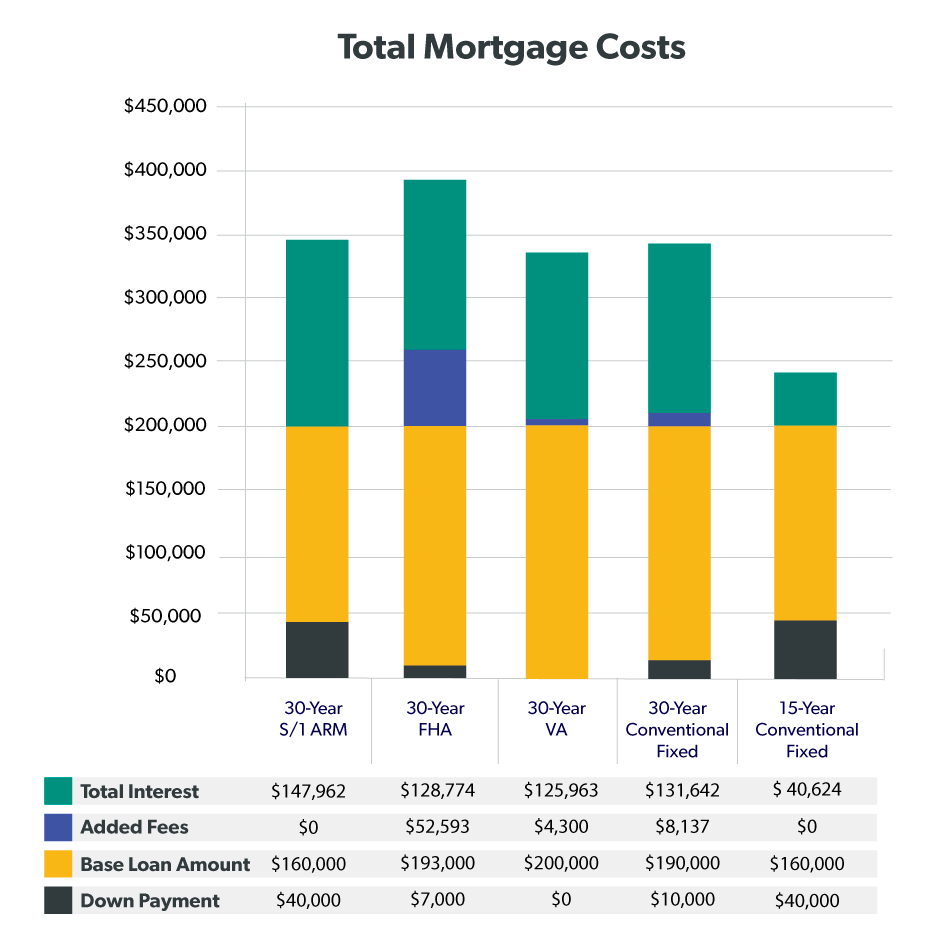After the reverse home loan proceeds settle the existing mortgage, the foreclosure stops and you will not need to make any more regular monthly payments. Sounds quite great, ideal? selling a timeshare However there are drawbacks to using a reverse mortgage in this method. One downside is that the borrower loses some or the majority of the equity that's built up over the years.
Also, the reverse mortgage lender can call the loan due if and when one of the following occasions takes place: The debtor completely vacates the house. The debtor vacates the house short-term due to a physical or mental health problem, and is opted for over a year. The debtor sells the how to buy a timeshare cheap house or deeds the house to a brand-new owner.
(If a certified non-borrowing spouse still lives in the house, the lending institution can't call the loan due under particular situations). The customer doesn't fulfill the home mortgage requirements, like paying home taxes, having house owners' insurance coverage on the home, and keeping the house in great condition. how many mortgages to apply for. Once the lending institution calls the loan due, the loan needs to be paid back or the loan provider will foreclose.
A reverse home loan is just one method to prevent a foreclosure. A couple of other choices to think about are: re-financing the existing home loan getting a home loan adjustment, or offering the home and moving to more cost effective accommodations. The Consumer Financial Security Bureau uses a handy reverse home loan discussion guide and recommends customers who are thinking about getting a reverse home loan to think about all other options - which mortgages have the hifhest right to payment'.
Getting The Who Is Specialty Services For Home Mortgages ? To Work
Although you'll need to finish a counseling session with a HUD-approved counselor if you want to get a HECM, it's likewise highly recommended that you consider talking with a financial organizer, an estate preparation attorney, or a customer protection lawyer before taking out this kind of loan - what are the interest rates on 30 year mortgages today.
A new in-depth investigation on foreclosure actions associated with reverse home mortgages released late Tuesday by USA Today paints a bleak photo surrounding the activities and practices of the reverse mortgage market, but likewise relates some doubtful and out-of-date info in key areas highlighted by the investigation, according to market participants who spoke with RMD.

Describing a wave of reverse home loan foreclosures that predominantly impacted metropolitan African-American neighborhoods as a "stealth aftershock of the Great Economic crisis," the investigative article concentrates on nearly 100,000 foreclosed reverse home loans as having "stopped working," and impacting the monetary futures of the customers, adversely affecting the property values in the areas that surround the foreclosed residential or commercial properties.
